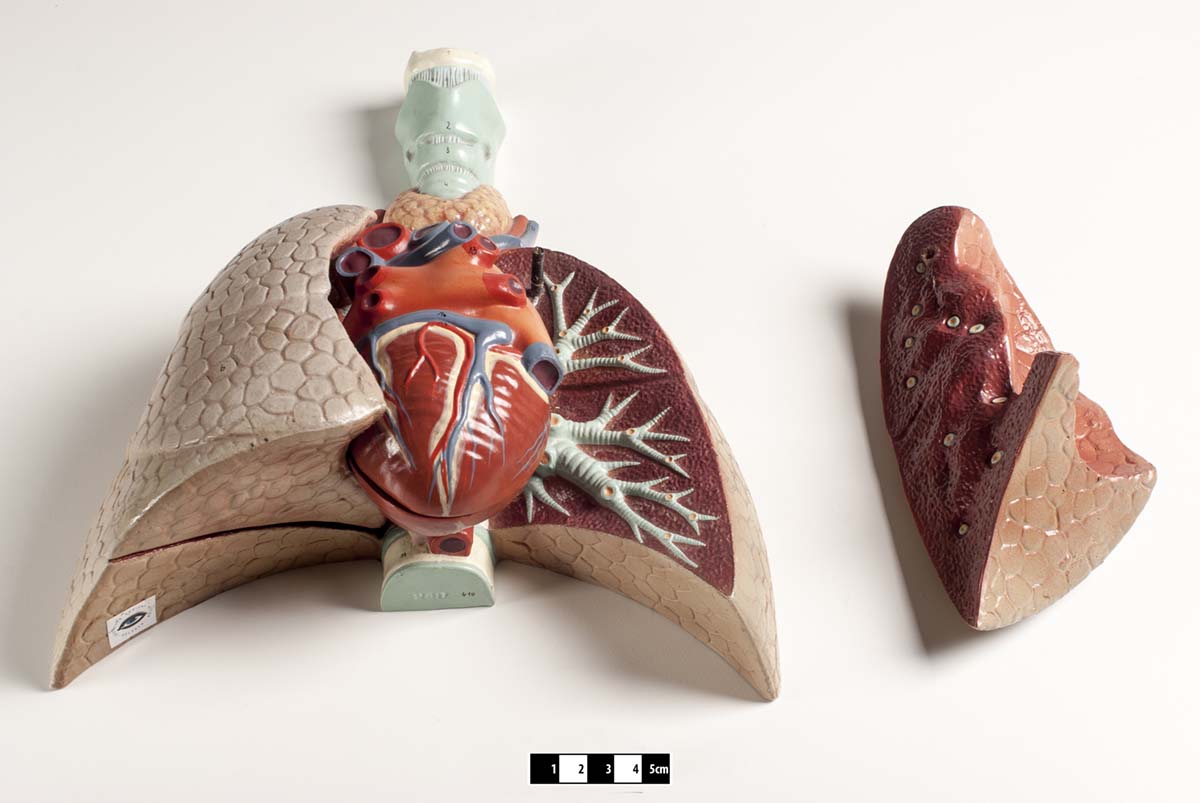
Some of the most common respiratory system diseases are asthma, chronic or acute bronchitis, pneumonia, tuberculosis, chronic obstructive pulmonary disease, influenza, lung cancer, and common cold, etc.
ASTHMA
People suffering from asthma have hypersensitive respiratory system airways that can constrict sometimes and then make it impossible for enough air to reach lungs, making it hard to breathe for those who suffer from it. Causes for asthma and asthma attacks are numerous: any kind of air pollution, tobacco smoke, pollen from flowers, different chemicals, exercises, cold air, etc. A person can often be both asthmatic and allergic to something which can be problematic, but both are manageable and treatable.
There are various ways through which one can prevent asthma attacks. It is important to remove anything a person might be allergic to from their surroundings, keep their environment clean, discourage smoking in their house, drinking at least 8 glasses of water a day can help keep the airways clean and traversable, and many others.
COMMON COLD
Common colds are highly contagious, and they spread easily, either through air, or by physical contact with contaminated objects. Most otherwise healthy people usually get through them alone in a 2- or 3-days time, but some need some over-the-counter medications. It is only important not to turn to antibiotics for help since they are useless against common cold viruses, and you can only harm yourself by making other bacteria in your body immune to antibiotics. The most common symptoms are sneezing, sore throat, low fever, runny nose, etc. The best way to prevent being contaminated with common cold is to keep your hands clean at all times and increase the intake of liquids when one might be at risk.
LUNG CANCER
Lung cancer is the most lethal of all the respiratory diseases and is also one of the most common forms of cancer today. It is also the form of cancer that kills more people than any other form of cancer. Its main cause is smoking, both active or passive, so in order to prevent it, it is important not to smoke and avoid places where one might be subjected to other people’s smoking, or where smoke content high. Treatment plans include surgery, chemotherapy, radiation therapy, or a combination of all three.

















Your thoughts on this
Loading...